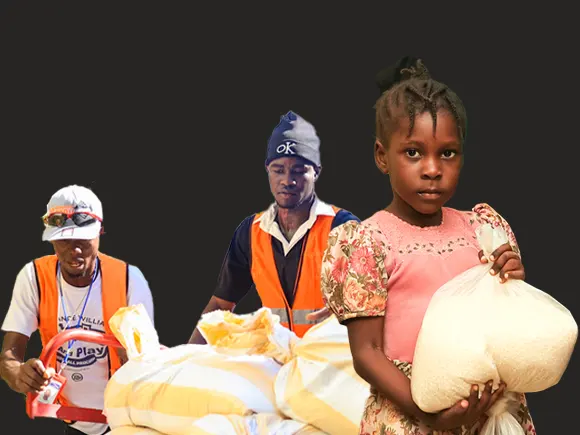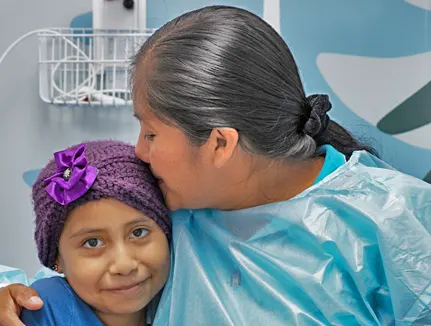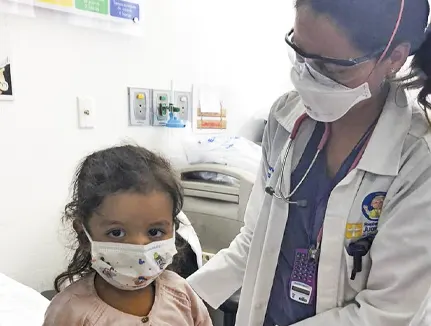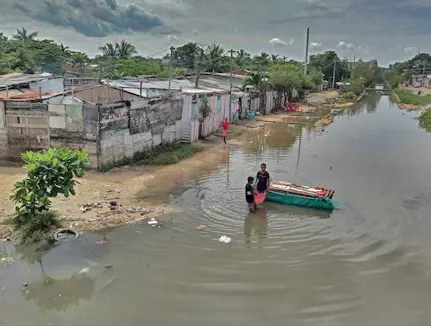Description
Providing medicine supplies to poor people is essential for improving health outcomes, reducing mortality and morbidity, promoting economic development, and upholding basic human rights. It contributes to the overall well-being and resilience of individuals and communities with deficient healthcare infrastructures.
Preventable and communicable diseases
Lack of access to medicines leads to unnecessary suffering and even death. Providing medicine supplies ensures that individuals can access necessary treatments for common illnesses, chronic conditions, and preventable diseases while avoiding complications. The proper medication also helps control and prevent the spread of infectious diseases, such as malaria, and tuberculosis.
Resilience to disasters
Medicine plays a critical role in the aftermath of natural disasters. When a natural disaster strikes, such as an earthquake, hurricane, or flood, it results in a spike in medical emergencies such as injuries and traumas, waterborne or infectious diseases. The availability and proper distribution of medicine become essential components of emergency response and recovery efforts.
Help Avert a Humanitarian Crisis
Haiti Needs Urgent Assistance
In recent days, a surge of violence in Haiti has forced at least 360,000 people out of their homes. Food For The Poor’s distribution centers need more resources to serve the 4 million people who are now facing acute food insecurity. Help us restock and ship more containers to respond to the immediate crisis and prepare the recovery efforts to help internally displaced families return home.








